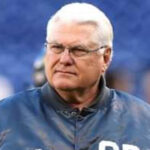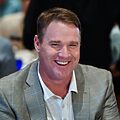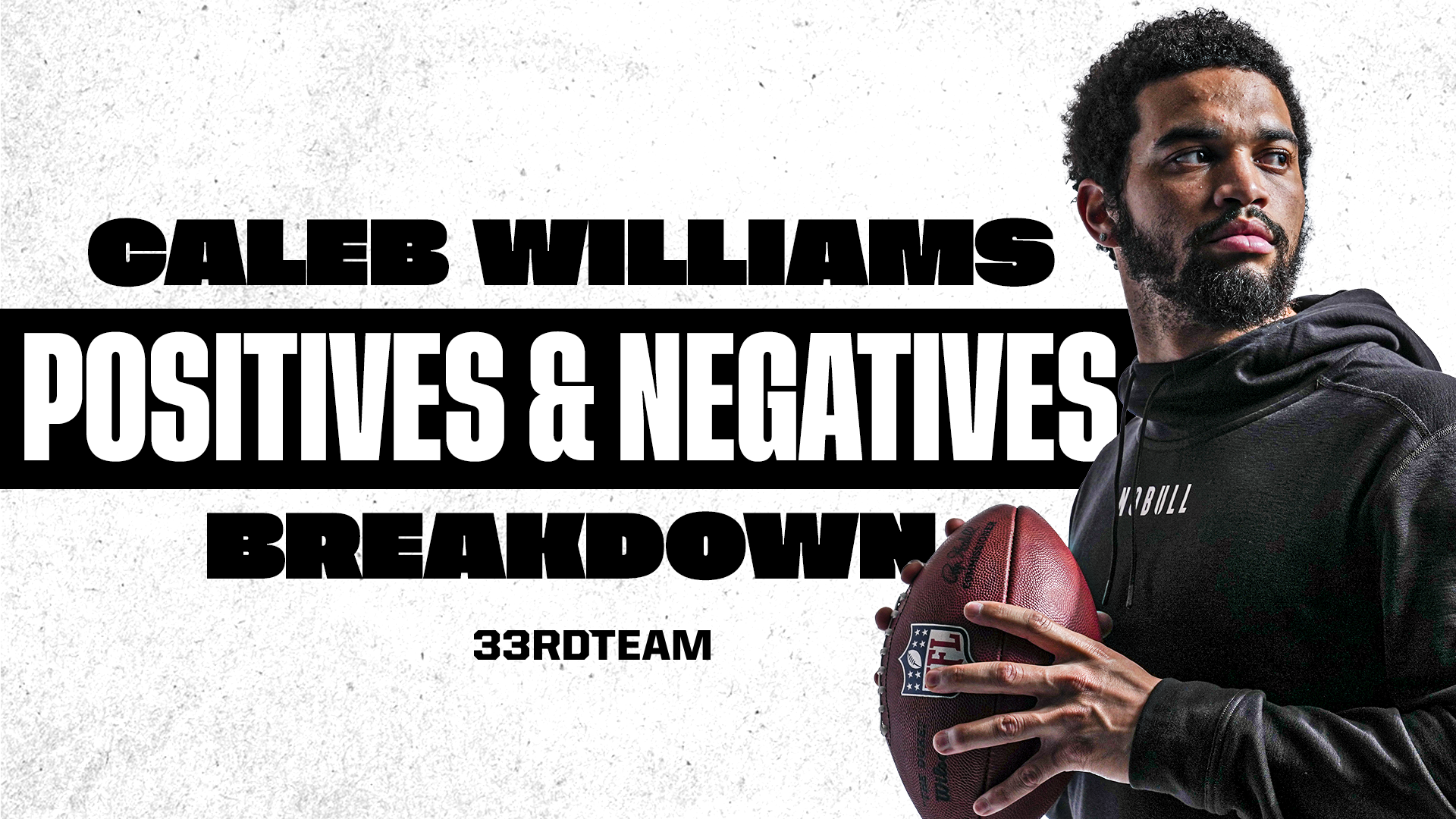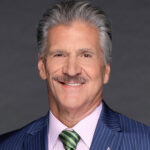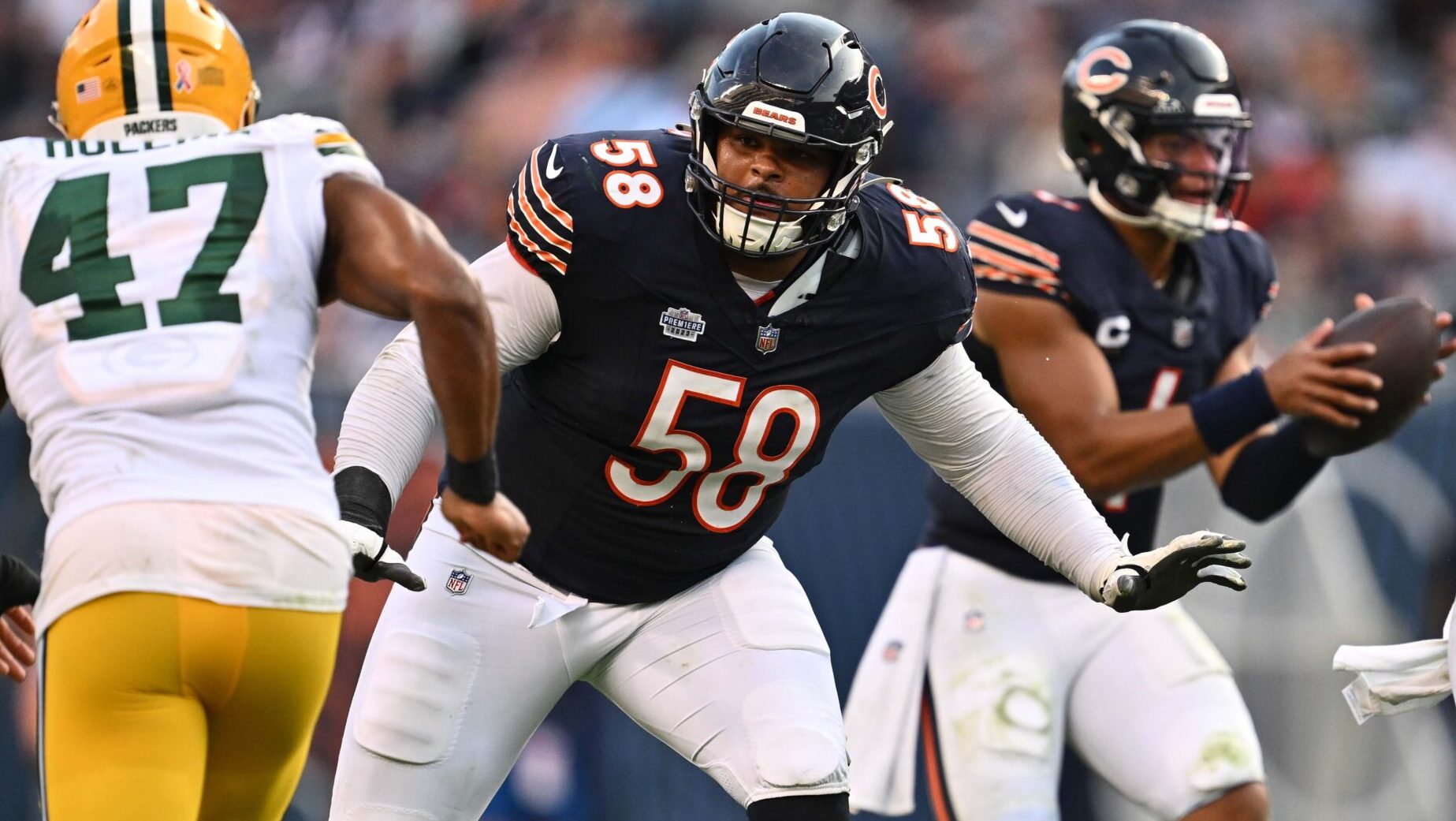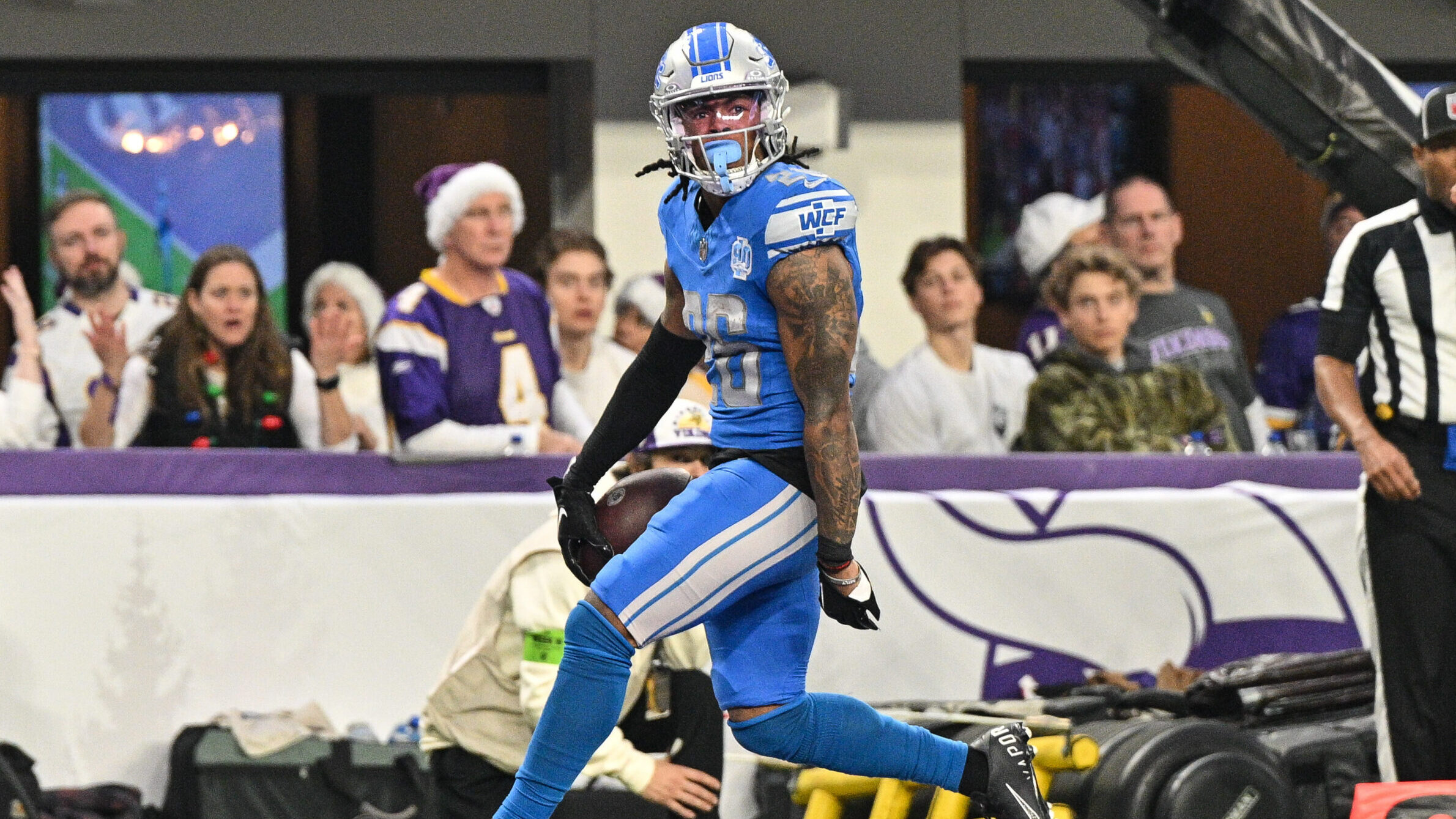Breakdowns
3/21/22
4 min read
How Do NFL General Managers Plan For the Offseason?
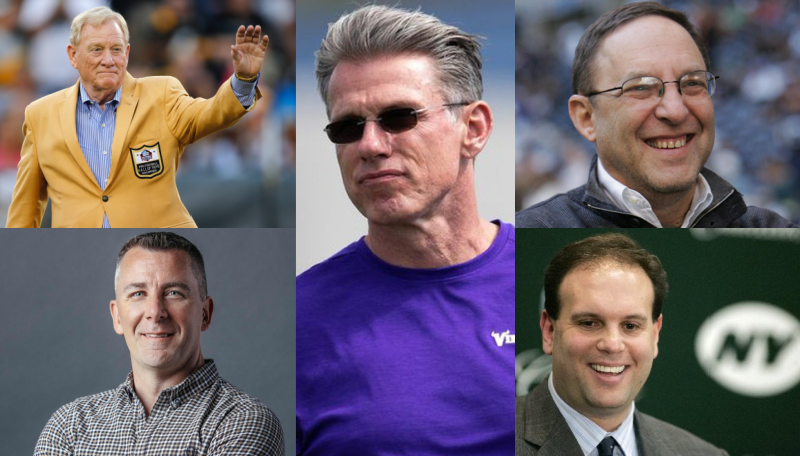
Last week on The 33rd Team Huddle, three former General Managers and two former team Presidents came together to discuss how they plan for the offseason. Here, we share some highlights of the discussion to give a look behind the curtain at the Front Office experience.
Rick Spielman: Former Minnesota Vikings and Miami Dolphins GM
Just like the coaches call sheet, we had a list of what our guys were graded with, the free agents were graded, what the CTR list was great. And then what the draft, the original grades on the draft, which is basically just your film grades only. Then you tried to layer all those in so you knew what bucket that you're going to have to go to try to fill your needs.
I think the biggest mistake that I make, and sometimes we do, is we get so caught up in it, especially nowadays with all the pressures from the outside and your fans and even your owners get tied up in it. Well, player X is out there, he can feel that he's a big signing and it'll draw seats in. But if you're not in alignment with your coaching staff, then that's where he can make some of your biggest mistakes as well.
Bill Polian: Former Indianapolis Colts, Carolina Panthers, and Buffalo Bills GM
We believed very strongly in financial chemistry. We didn't care who was out there in the marketplace, we weren't paying anybody any more than we're gonna pay Reggie Wayne. Didn't matter who he was. Or Marvin Harrison, Marvin made more than Reggie. But no one was getting more than that. Period. So we weren't big players in free agency widely criticized for it.
We grade them as must have, would like to have, don't know, or don't need. And those results came back to us.
This is Tony's phrase, not mine, but I've learned availability is the most important ability. If you're not going to get 13 to 14 games out of the guy. You're losing money on that transaction. And so we wanted to make sure that we were going to sign healthy guys re-sign healthy guys, as opposed to sorry, people who are not.
Joe Banner: Former Philadelphia Eagles President and Cleveland Browns CEO
We did not treat all positions and all needs as equal. Our philosophy was we need to get as high quality performance as we can out of our quarterbacks. Then we had to be able to dominate if at all possible both lines of scrimmage.
As time went on, we put more and more emphasis on just intelligence, drive, how badly somebody wanted to be great, how much they cared about winning, and kept increasing our emphasis on the intangibles as time went on.
Mike Tannenbaum: Former New York Jets GM and Miami Dolphins EVP
We would try to anchor into things like must-needs and wants. A must was something that we cannot line up and play a game without filling that position. And a need was we had to get better at really within the division.
[Laremy Tunsil] was just a great example of how one should just try and stick to the board to the extent you could. For us he was the highest rated player on the board to get him at 13. That was the best example of my career, just trying to stick to the board to the extent we could. You have to try to operate from a position of strength and not weakness. And then obviously just trying to manage the expectations of ownership and the coach is so important.
One of Bill Belichick’s big beliefs was that the highest paid player in each room should come from within the building.
Tom Lewand: Former Detroit Lions President
I think it comes down to having alignment around your plan.
I heard Coach Parcells say it. When Martin Mayhew and I were starting to take over. He said, make sure you have a plan and don't make exceptions. Because pretty soon you're gonna have a team full of exceptions. And if you don't, if you're not aligned at the outset.

